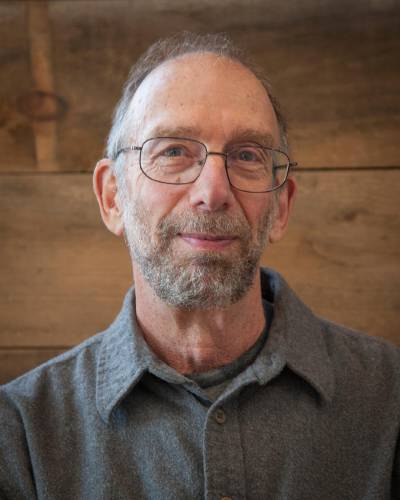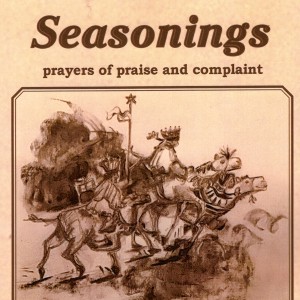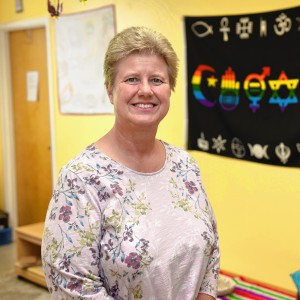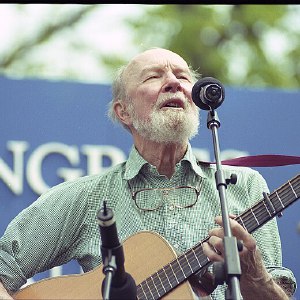Conversations about education: What readers want for our children

Selwyn CONTRIBUTED/TRISH CRAPO
| Published: 12-08-2023 4:23 PM |
I shared the story of the 2003 British Columbian education charter in last month’s column. To review briefly, education in British Columbia was in crisis and the teachers union and provincial government sent a team to interview people all across the province, asking them questions about the education they wanted for their children. In that spirit I posed three questions for Recorder readers last month, focusing on the education they want for our children in 2023 and moving forward.
You can view the list of responses here: tinyurl.com/mt5uwud5. Note that you can’t comment at this address. If you are inspired to add your own responses, please email me at dougselwyn12@gmail.com and I will add your comments/responses to the list.
Readers’ comments, both about what they wished they had learned at school and what they want for our children raise significant questions about school curriculum and how it has become what it is. That will be the subject of next month’s column. But for now, a selection of your community’s responses completes this month’s column.
Question 1: What I wish I had learned in school?
The real history of our country, not the whitewashed version created by rich white folks that keeps the rest of us workers fighting against one another instead of fighting in solidarity for real economic and social justice.
That learning is a process often trying to figure out errors of thinking through digging deeper, spotting more mistakes, helping me understand the world around me just a bit better and realizing that learning helps uncover so much more through a community effort.
That the power to reflect on my observations and thoughts helps me analyze the thoughts and opinions and claims of others. I wish I had learned that assessment is derived from the Latin and means to sit beside and assist. And that the best type of assessment occurs when students have the opportunity to apply what they know producing evidence in a variety of ways.
Current events: how to put them into historical context, and how it affects your current life.
Article continues after...
Yesterday's Most Read Articles
 Hotfire Bar and Grill to open Memorial Day weekend in Shelburne Falls
Hotfire Bar and Grill to open Memorial Day weekend in Shelburne Falls
 Charlemont planners approve special permit for Hinata Mountainside Resort
Charlemont planners approve special permit for Hinata Mountainside Resort
 $338K fraud drains town coffers in Orange
$338K fraud drains town coffers in Orange
 Deerfield Planning Board OKs Hamshaw Lumber expansion
Deerfield Planning Board OKs Hamshaw Lumber expansion
 My Turn: Quabbin region will never see any benefits from reservoir
My Turn: Quabbin region will never see any benefits from reservoir
 September half-marathon to be Tree House Brewing Co.’s first 5,000-capacity event
September half-marathon to be Tree House Brewing Co.’s first 5,000-capacity event
Personal economics.
The role of citizens in our government. How can I make change?
A lot more “critical race theory,” that actually explained the good and bad of our nation’s history as a haven for immigrants and an experiment in democratic government but also history of slavery and racial segregation after the Civil War.
Climate change. Global warming.
More about the beauty and wonder of the scientific world that has made me love science as an adult.
Self-confidence.
That we had been given the opportunity to enroll in a shop (any kind) or home economics class as high school students.
I think more about how to deal with problems that are more vague, less structured than the problems posed in my schools.
A trusted mentor.
That there had been more to engage my creativity. More open-ended learning.
That the likes of Howard Zinn and his People’s History, had been available/ taught.
How to speak a second language. More social emotional skills
Question 2: What do our young people need to learn through their schooling so they are ready and able to deal with the present and the future?
They need to learn how to learn. If K-12 does nothing else, it should inspire a lifelong desire to learn and an understanding of how to find information to learn more about any topic.
How to “figure out, how to figure out” not just to memorize. They need to be actively engaged with inquiry based hands-on materials or in community-based activities to uncover naive concepts before they are let in on more complex insights into social, science, math, or artistic understandings.
Public speaking, hands-on science, critical thinking, creativity, collaboration, communication, civics, financial literacy, how to ask questions and seek out help, who to ask for help when you need it.
I want our children to learn nuance: that answers aren’t black and white, that not everything can be reduced to an elevator speech, and that listening and learning requires back and forth conversation, not 3-minute timed comments, nor 1-2 sentence answers.
How does my local government make decisions, what happens at the state level, and at the national level?
How to use the internet to get reliable information, vs. unreliable information.
They need good, engaging feminist-oriented sex education that allows them to think about what consent really means, to talk to their peers about their feelings, and to put gender stereotypes aside in order to promote equality, bodily autonomy and health in their decisions about sexual relationships.
They need to understand the economic and political roots of our current climate crisis so as to know how to remedy the problems caused by previous human generations in polluting and undermining environmental systems.
Young people need to learn civics and the structure of our government, the history of consumerism and how to recognize when they are being taken for a ride, either by advertising or the news media.
Students should have the following skills: empathy, communication, collaboration, critical thinking, creativity, perseverance, and engaged citizenship.
Young people need to be able to understand how the past continues to influence us today.
I think students need to learn to be compassionate towards others especially those who are different from themselves, how to work hard, how to wonder about their world.
They need to learn how to take and embrace risk and “failure” as a positive good rather than something to avoid. Anxiety about failure leads to avoidance of risk and that leads to a failure to develop and strengthen skills.
More small group cooperative-projects-based learning.
Bottom-up solving of big issues.
Community action, participating in local issues. Real world learning through volunteering requirements.
How to be an actively involved citizen in a democratic system.
Climate change is ripping our world apart and that is only going to accelerate. Students need to learn not only the science, but also the many other dimensions — politics, economics, social justice.
Question 3: What do we need our young people to learn so that they are ready and able to be part of our community such that it survives and thrives?
Conflict resolution skills through role play and team building skills.
Collaboration, empathy and an openness to new ideas and viewpoints are critical if we are to address the serious problems that we face.
Social media algorithms, which steer us into feeds that separate us from truth and from each other, are the greatest barrier to community thriving (along with propaganda television that calls itself news).
Students need to know they are valued, that they have important things to say and that the rest of the class wants to hear their thoughts and opinions. They need to know that questioning and inquiry and thinking are valued.
An understanding and appreciation of the social movements for justice and equality in this country and the world, and how important it is to have a deep understanding of how to confront unjust power and wealth relations in our social order!
To look “seven generations” ahead, as some indigenous tribes would do in making decisions.
The teaching of systems thinking; not just factoids nor isolated subject areas but the connection between ideas, can help students bridge their empathy and connection gaps.
That everyone plays a role in community, how they can identify and implement their role. Practical experience and participation in their community — visit town buildings, attend meetings, meet business owners and non-profit leaders and staff.
How powerful each of them actually is, and with that power comes responsibility to do the right thing and make the world and our community better. This is the beauty of training students to teach students … they directly experience their power and their obligation to wield it responsibly.
Thanks for your responses, and I look forward to hearing from more of you as we continue a conversation about the education we want for our children. Please send comments or responses to me at dougselwyn12@gmail.com. Speak with you next month.
Doug Selwyn taught at K-12 public schools from 1985 until 2000 and then at university as a professor of education until he retired in 2017. He is the chair of the Franklin County Continuing the Political Revolution education task force.

 Speaking of Nature: Indulging in eye candy: Finally, after such a long wait, it’s beginning to look like spring is here
Speaking of Nature: Indulging in eye candy: Finally, after such a long wait, it’s beginning to look like spring is here Celebrating ‘Seasonings’: New book by veteran preacher and poet, Allen ‘Mick’ Comstock
Celebrating ‘Seasonings’: New book by veteran preacher and poet, Allen ‘Mick’ Comstock Faith Matters: How to still the muddy waters of overthinking: Clarity, peace and God can be found in the quiet spaces
Faith Matters: How to still the muddy waters of overthinking: Clarity, peace and God can be found in the quiet spaces A time for every purpose under heaven: Free sing-a-long Pete Seeger Fest returns to Ashfield, April 6
A time for every purpose under heaven: Free sing-a-long Pete Seeger Fest returns to Ashfield, April 6
